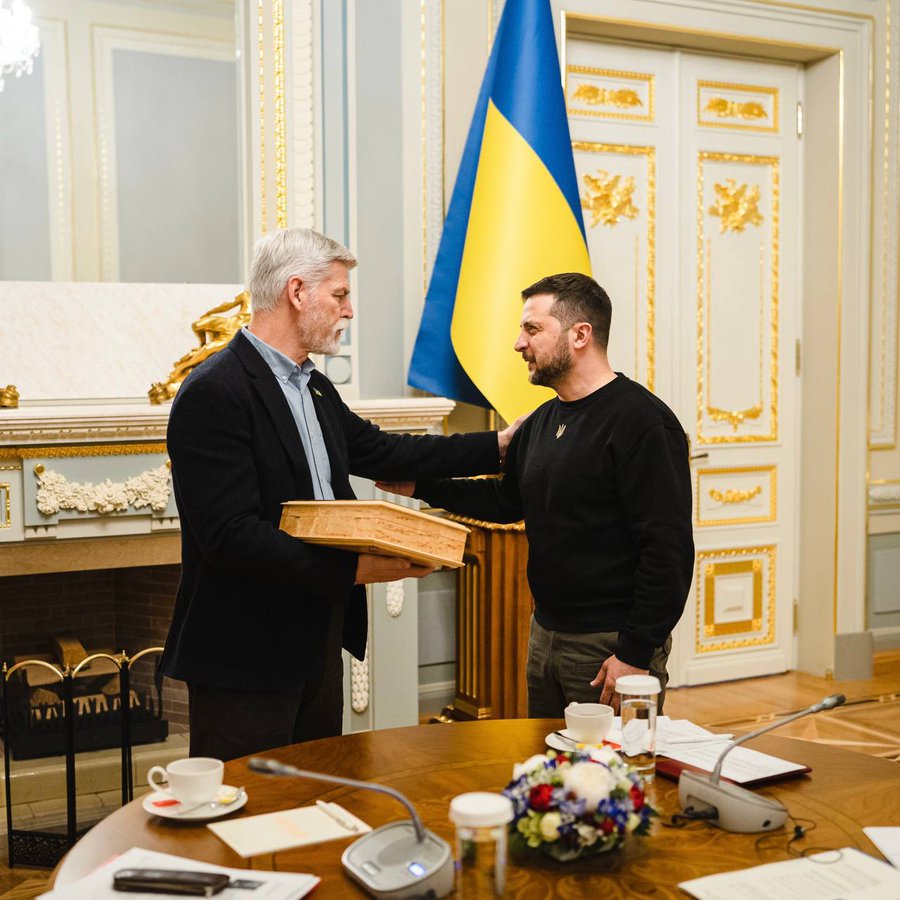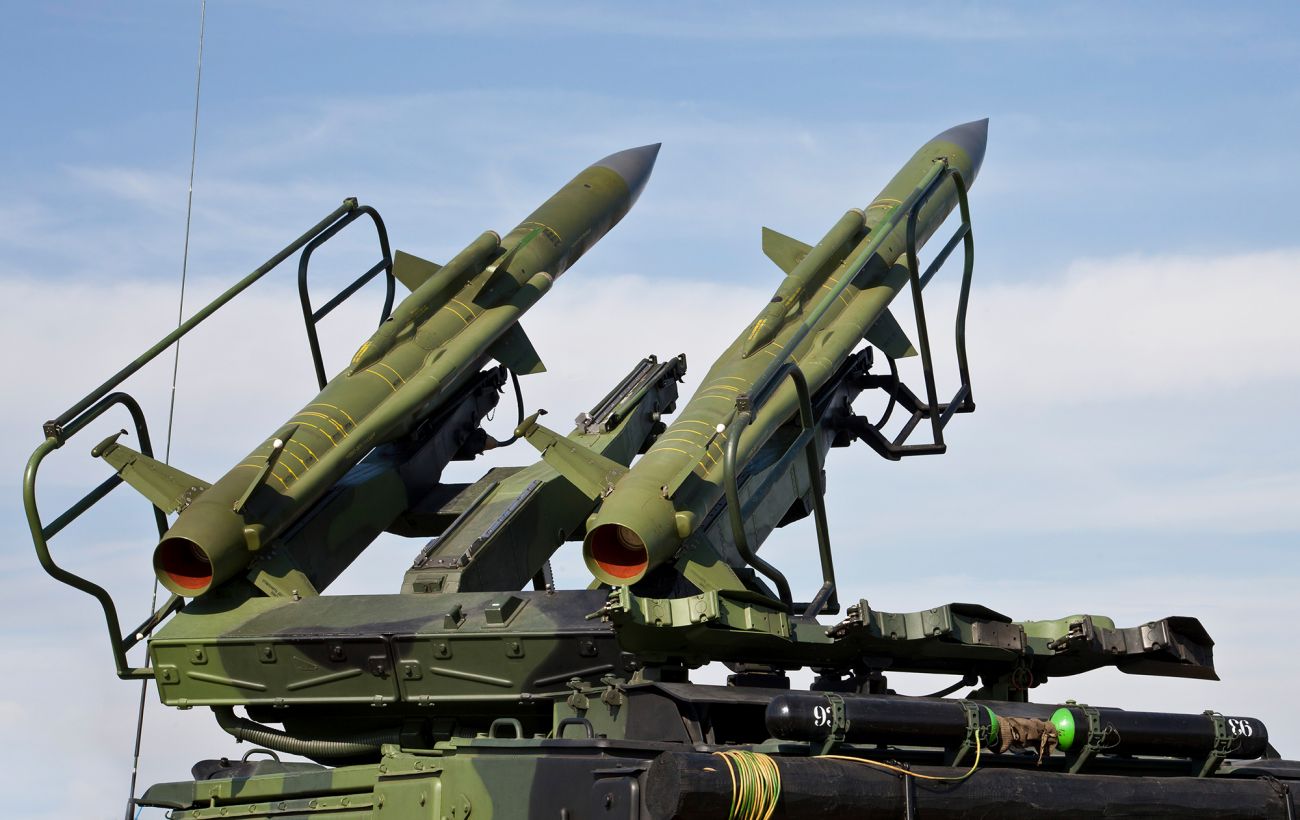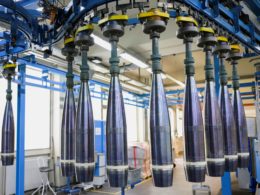Nine industrial equipment manufacturers from the Czech Republic, Poland, Sweden, and Switzerland have continued operations in Russia since the beginning of the all-out war against Ukraine in 2022, according to a joint investigation by The Insider and the Czech publication Investigace.
Their products are used in military equipment despite such supplies being prohibited by Western sanctions.
The investigation reveals that European companies conduct business with Russia through subsidiary structures and firms owned by their top managers. The turnover of these local divisions has grown since the war began, reaching nearly $66 million by 2023.
For instance, the machine-building plant GRS Ural in Yekaterinburg, majority-owned by the Czech company TOS Varnsdorf, remains operational. In 2023, the plant increased its business volume by 1.5 times. By the end of 2023, GRS Ural held products worth $5.77 million on its balance sheet.
From February 2022 to September 2024, TOS Varnsdorf imported goods worth over $12 million into Russia, including $943,300 worth of equipment directly delivered to Russia by the plant. Subsidiaries like TOS Varnsdorf-Rus and partners KR Group and KR-Prom played roles in these shipments. In 2023, KR-Promt tripled its revenue compared to the previous year, growing from nearly $4 million to $27 million.
The company collaborates with at least three state defense plants, including Almaz-Antey, which produces S-300 and Tor air defense systems; Perm-based Mashinostroitel, which makes missile and aviation engine components; and Reductor PM, whose products are used in Mi-8/17, Mi-26, and Mi-28 helicopters).
The Czech-Russian joint venture Takhtech, affiliated with the Czech company Tachtech s.r.o., continues to build and install industrial heating and thermal furnaces. Its clients include metallurgical plants supplying materials to military factories, such as the Omsk Transport Engineering Plant, which produces TZM-T vehicles for heavy flamethrower systems and services T-80 tanks.
Another Czech industrial group, Alta, operates in Russia through its subsidiary A-R. Since the war began, A-R has handled 185 shipments of goods worth $8.671 million, reportedly including machinery subject to the EU's 8th and 11th sanctions packages.
Kovosvit, another Czech company, has supplied 56 batches of machine tools worth nearly $3.2 million to Russia since 2022. It collaborates with firms like Labara, which imported $5.4 million of industrial equipment through its Russian branch. Some of these imports were facilitated via Türkiye and included American components used in military equipment manufacturing.
Swiss company Meg Metal SA has also continued operations with Russia, importing $13.87 million worth of steel products via its subsidiary Eurostal in 2022-2023.
Clients included institutions involved in defense projects, such as the Kurchatov Institute's Prometey Research Institute.
Sweden's GCE Group, through its subsidiary GCE Krass, imported gas equipment valued at $5.82 million from February 2022 to April 2024. Much of this equipment is dual-use and supports military production.
Poland's Seco/Warwick group has supplied industrial furnaces for various sectors, including aerospace and engineering. Its Russian subsidiary imported $1.41 million worth of goods, 69% of which came directly from Polish companies. These products, many of which are dual-use and included in the EU's 11th sanctions package, remain critical to Russia's military capabilities.
Read also:
- Europe must strengthen defense policy, Zelenskyy urges at Davos forum
- EU’s Kallas warns against rushing Ukraine-Russia negotiations amid Trump’s push for talks
- No current prospects for peace talks between Ukraine and Russia, says Zelenskyy’s adviser
- Ukrainian FM Sybiha says maximum pressure must precede peace talks with Russia
- Blinken: Trump administration could help Ukraine “negotiate good deal”




